Meeting the Moment: 20 Years of Critical Race Studies at UCLA Law
UCLA Law Magazine | Fall 2020 | Volume 43
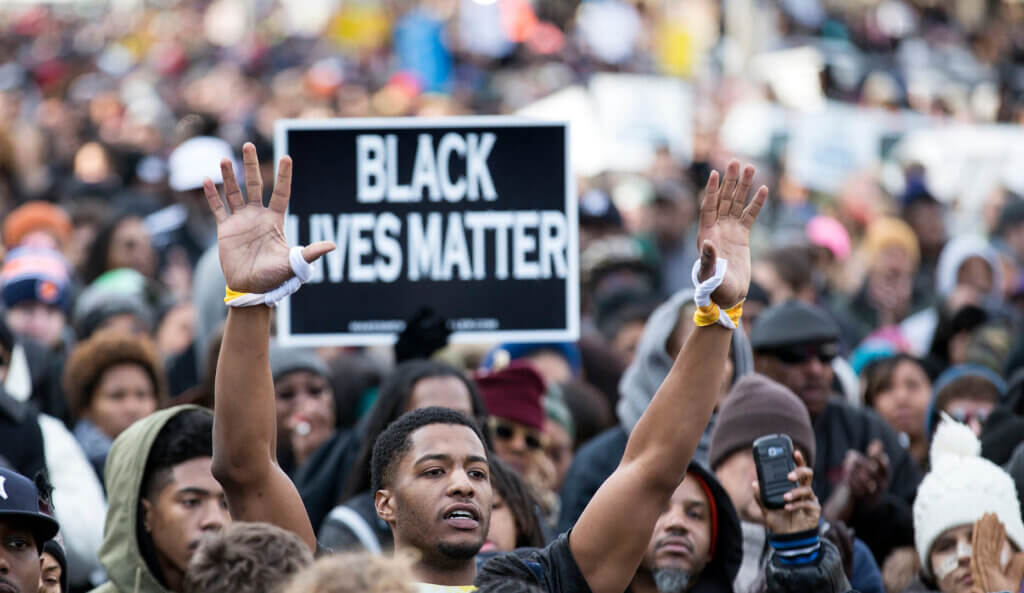
As UCLA Law’s Critical Race Studies program celebrates 20 years, seven of our scholars take a close look at these challenging times.
In 2000, a group of UCLA School of Law professors, all scholarly leaders in the field of Critical Race Theory, gathered to form a first in legal education: an official, law school-based institutional program dedicated to advancing equality through the rigorous study of the intersection of race and the law.
Twenty years later, the Critical Race Studies (CRS) program remains unparalleled in legal education, is a key area of renown for UCLA Law, and ranks among our most popular centers of scholarship and specializations for students. Scores of future lawyers come to UCLA Law specifically to learn from our CRS leaders; more than a quarter of all students participate in the program and roughly 30 students graduate with certificates in the CRS specialization each year. Many advance to impactful careers as advocates and scholars focused on racial justice.
A number of the CRS program’s founding faculty members also remain at UCLA Law, continuing their work and campaigns for change, and they have been joined by a next generation of professors who share new perspectives and traverse new avenues of study. Together, they are committed to delving into the legal and structural issues that create racial division in America and perpetuate centuries-old systems where people of color – Black, Latino, Native American and others – are denied fundamental equality and inclusion.
In these essays, we turn to seven esteemed CRS scholars: CRS co-founding faculty member and current faculty director Laura E. Gómez; Angela R. Riley and Joanna C. Schwartz, both of whom have been teaching at UCLA Law for more than a decade; as well as newer members of our law school faculty community, LaToya Baldwin Clark, Jennifer M. Chacón, Jonathan Glater and CRS program director Jasleen Kohli. Their diverse areas of expertise offer a broad set of vantage points from which to gauge this challenging moment in which the twin perils of the COVID-19 pandemic and systemic racism devastate minority communities across the country and cause consternation around the world.
In Celebration of the Critical Race Studies Program at 20
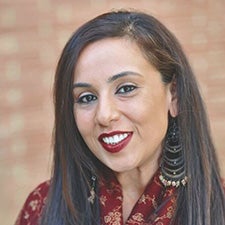 JASLEEN KOHLI
JASLEEN KOHLI
At the most important moment in its two decades, the CRS program has graduated nearly 1,000 alumni and continues to lead the national conversation.
What Happens If We Eliminate Qualified Immunity?
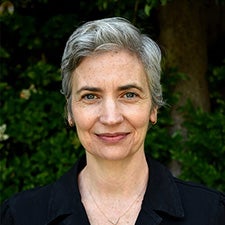 JOANNA C. SCHWARTZ
JOANNA C. SCHWARTZ
Amid calls for more police accountability, an examination of how eliminating the defense would streamline civil rights litigation for the parties and the courts.
To Pod or Not to Pod?
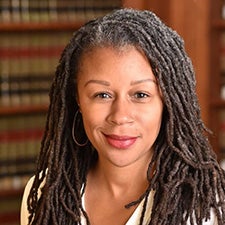 LATOYA BALDWIN CLARK
LATOYA BALDWIN CLARK
The COVID-19 crisis has presented a problem for parents and society: how to balance the need for childcare and promoting equality in education.
Q&A: On Telling ‘A New Story of American Racism’
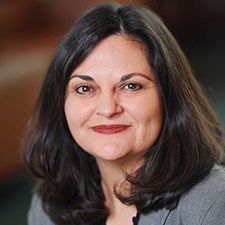 LAURA E. GÓMEZ
LAURA E. GÓMEZ
Discussing a new book on the history of Latinos in the U.S. and the imprint that they have made on how race operates in the country today.
Why America’s Racialized Symbols May Finally Fall
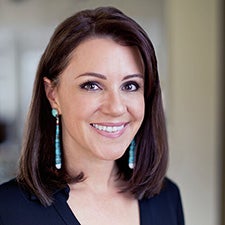 ANGELA R. RILEY
ANGELA R. RILEY
How the long-awaited removal of the Washington Football Team’s derided mascot signals a larger movement toward equality and justice in corporate America.
Inequality in Education: The Latest Wake-Up Call
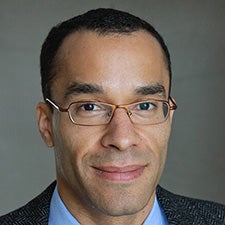 JONATHAN GLATER
JONATHAN GLATER
Inequities at all education levels have come under a microscope during the pandemic, calling for a bold rethinking of the obligations of schools to students.
The Failure of Equal Protection and the Fragility of Temporary Protection
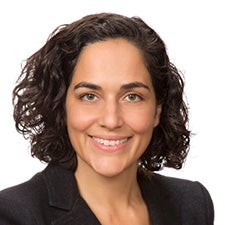 JENNIFER M. CHACÓN
JENNIFER M. CHACÓN
A look into how the U.S. Supreme Court continues to fail to uphold the equal protection doctrine to protect members of historically disadvantaged groups.